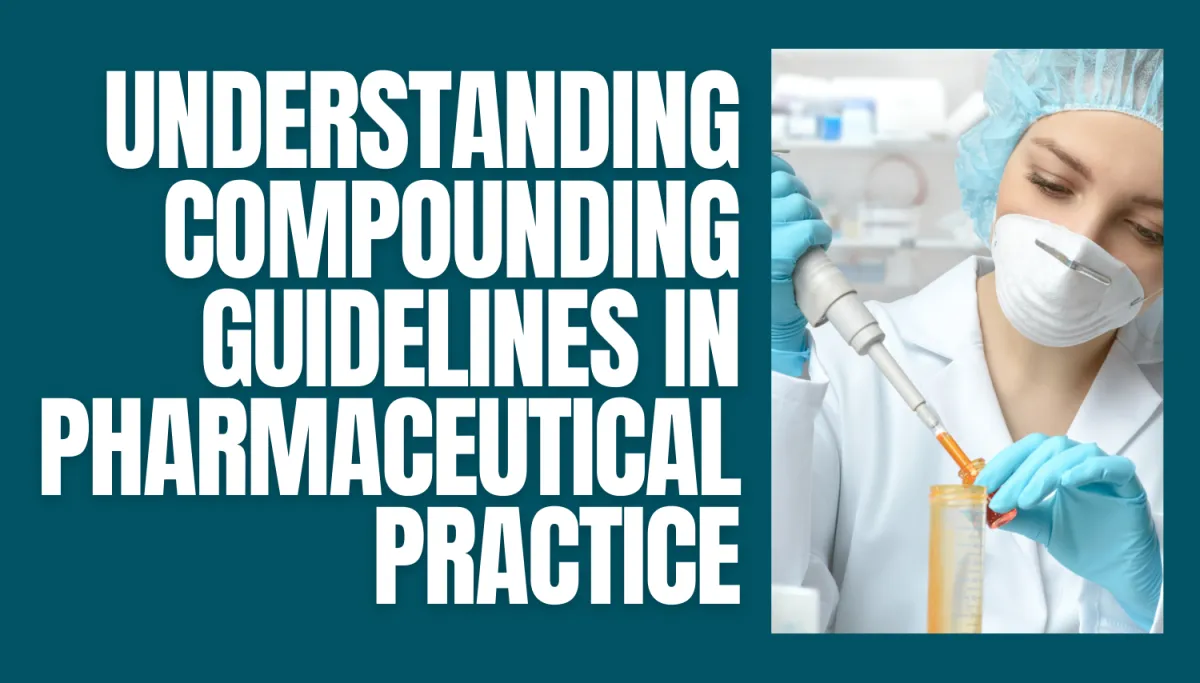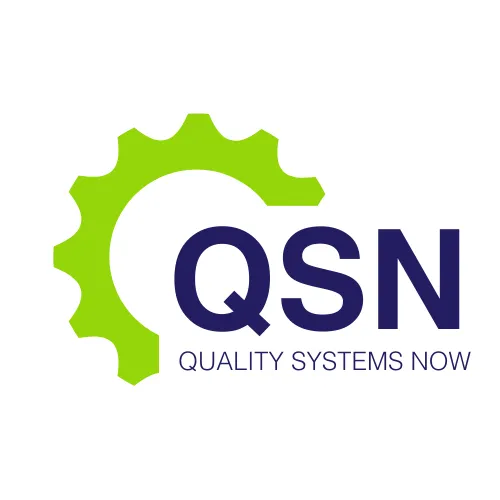LATEST NEWS

Understanding Compounding Guidelines in Pharmaceutical Practice
Compounding plays a critical role in the pharmaceutical industry by enabling customized medications tailored to individual patient needs. However, the complexities involved in compounding necessitate strict adherence to guidelines to ensure safety, quality, and compliance. In Australia, regulatory frameworks such as PIC/S Guide to Good Manufacturing Practice (GMP) and standards from the Therapeutic Goods Administration (TGA) govern these practices.
This article delves into the importance of compounding guidelines, their key components, and how Quality Systems Now supports pharmaceutical professionals in achieving compliance and operational excellence.
What is Pharmaceutical Compounding?
Pharmaceutical compounding is the preparation, mixing, assembling, altering, or labeling of a drug formulation to meet the needs of an individual patient. Unlike mass manufacturing, compounding is tailored, addressing requirements such as:
Allergies to standard ingredients
Specific dosages unavailable in commercial products
Personalized medication forms like capsules, creams, or liquids
Due to the unique nature of compounded products, quality control and regulatory compliance are paramount.
Regulatory Framework for Compounding
In Australia, compounded medications fall under specific regulations to ensure their safety and efficacy. The TGA oversees therapeutic goods, including compounded medicines, while adopting the international PIC/S GMP standards for quality assurance.
PIC/S GMP Guidelines
The Pharmaceutical Inspection Co-operation Scheme (PIC/S) is an international framework that sets Good Manufacturing Practice guidelines for medicines, ensuring:
Consistent product quality
Risk minimization for contamination or errors
Safe manufacturing processes
For compounding pharmacies, understanding and implementing PIC/S GMP standards is critical, as non-compliance can compromise patient safety and lead to legal consequences.
Key Guidelines for Compounding
The TGA guidelines and industry standards emphasize several critical aspects of compounding:
Premises and Equipment: Compounding must occur in clean, controlled environments to prevent cross-contamination.
Personnel: Staff must be trained in GMP principles, hygiene, and the use of appropriate equipment.
Documentation: Comprehensive records of formulations, quality checks, and procedures must be maintained.
Quality Control: Rigorous testing of compounded products to ensure consistency, stability, and safety.
Risk Management: Identifying and mitigating risks associated with compounded products, including ingredient quality and potential contamination.
Adhering to these guidelines guarantees not only compliance but also builds trust with healthcare providers and patients.
Challenges in Compounding Compliance
Compliance with compounding guidelines can be challenging for pharmacies and manufacturers due to:
Resource Limitations: Smaller compounding facilities may struggle with adequate infrastructure or staffing.
Training Gaps: Personnel may lack the necessary training to implement GMP principles effectively.
Documentation Burden: Maintaining detailed records of all compounding activities can be time-consuming without the right systems.
Quality Assurance: Ensuring consistency across small-batch production requires rigorous testing and oversight.
Addressing these challenges is essential to maintain regulatory compliance and ensure patient safety.
How Quality Systems Now Supports Compounding Compliance
At Quality Systems Now, we specialize in helping pharmaceutical organizations navigate regulatory frameworks, including the complexities of compounding. Our services focus on:
1. GMP Training Programs
Understanding and implementing GMP principles is critical for compounded medications. Quality Systems Now offers tailored GMP training courses to equip your staff with the skills and knowledge needed for compliance. From hygiene practices to quality control, our training ensures your team operates confidently and effectively.
2. Process Review and Gap Analysis
We help organizations identify gaps in their processes through comprehensive GMP audits. Our specialists assess your compounding facilities, equipment, and procedures to ensure alignment with PIC/S GMP guidelines and TGA requirements.
3. Documentation Systems
Proper documentation is the backbone of compliance. Quality Systems Now provides guidance in developing and implementing robust Standard Operating Procedures (SOPs), batch records, and quality assurance protocols to streamline operations.
4. Facility Design and Validation
Clean and compliant compounding environments are essential. Quality Systems Now supports facilities in:
Designing layouts that meet GMP standards
Validating equipment and processes for quality assurance
Ensuring contamination control measures are effectively implemented
5. Ongoing Compliance Support
Regulations evolve, and so must your practices. We provide ongoing consultation and support to ensure your compounding operations remain compliant as guidelines or standards change.
Why Compliance Matters in Compounding
Compliance with compounding guidelines is not just a regulatory requirement; it is a commitment to patient safety and quality. Failing to meet these standards can lead to:
Contaminated or unsafe products
Regulatory penalties, including license suspension
Loss of patient and provider trust
By implementing robust quality management systems and adhering to GMP principles, pharmaceutical organizations can deliver high-quality compounded products that meet patient needs while maintaining regulatory compliance.
The Path Forward
The demand for personalized medicine and compounded medications continues to grow, placing greater emphasis on compliance and quality assurance. By adhering to guidelines from the TGA and PIC/S GMP standards, pharmaceutical organizations can ensure safe and effective compounded products.
Quality Systems Now provides the expertise, training, and support needed to navigate these regulations and overcome compliance challenges. Our tailored solutions empower pharmacies and manufacturers to achieve operational excellence while prioritizing patient safety.
Whether you are implementing GMP principles for the first time or seeking to optimize existing processes, Quality Systems Now is your trusted partner in compounding compliance.
